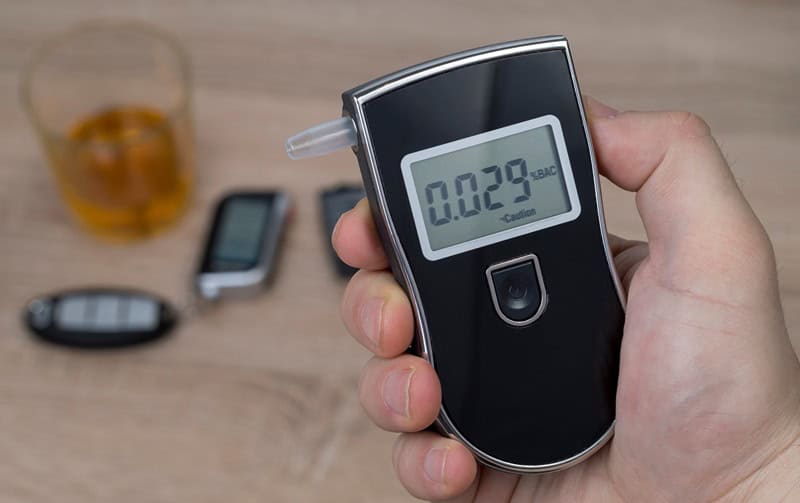
The Importance of Rising Blood Alcohol as a DUI Defense Strategy
Introduction
Driving under the influence (DUI) is a serious offense that can result in legal consequences such as fines, license suspension, and even jail time. As a result, it's crucial to explore every possible defense strategy. One of these defense strategies is the concept of "rising blood alcohol," which addresses the physiological and temporal aspects of alcohol absorption. This article delves into the importance of the rising blood alcohol defense strategy and how it can impact a DUI case.
Blood Alcohol Concentration: What You Need to Know
Before diving into the concept of rising blood alcohol, it's essential to understand blood alcohol concentration (BAC). BAC refers to the amount of alcohol present in a person's bloodstream. It's usually measured as a percentage, with the legal limit for driving being 0.08% in most states.
How Alcohol is Absorbed by the Body
When a person consumes alcohol, it doesn't immediately reach its peak concentration in the blood. Instead, the alcohol must first be absorbed through the gastrointestinal tract before it enters the bloodstream and travels to the liver to be metabolized. This process means that there is a delay between the time alcohol is consumed and when it reaches its highest concentration in the blood.
What is Rising Blood Alcohol?
The rising blood alcohol defense strategy focuses on this delay between alcohol consumption and absorption. If a person is tested for their BAC shortly after drinking, their alcohol level may still be rising. Therefore, their BAC at the time of testing could be higher than it was at the time of driving, and this could be a powerful defense in a DUI case.
How the Rising Blood Alcohol Defense Works
When someone is pulled over for suspicion of DUI, law enforcement officials will often administer a breathalyzer or blood test. These tests aim to measure a person's BAC at the time of the test. However, if a person is still absorbing alcohol, their BAC may still be rising at the time of the test. If this is the case, it's possible to argue that a person's BAC was below the legal limit at the time of driving, even if it was above the legal limit at the time of the test.
Challenging Rising Blood Alcohol in Court
To mount a strong rising blood alcohol defense, it's critical to have an experienced attorney who can challenge the prosecution's evidence. The prosecution will often rely on the results of the breathalyzer or blood test to prove a DUI charge. However, this evidence is not always accurate, and a skilled attorney can question the validity of these results. Additionally, attorneys may also call on expert witnesses to testify about the physiological processes involved in alcohol absorption and metabolism.
Other Factors to Consider in a DUI Case
While the rising blood alcohol defense strategy can be powerful, it's not the only factor to consider in a DUI case. Other elements, such as the defendant's driving behavior, field sobriety tests, and eyewitness testimony, can all impact the outcome of a case. Therefore, it's crucial to work with an attorney who can evaluate every aspect of a case to determine the best possible defense strategy.
Conclusion
If you're facing a DUI charge, it's essential to explore every possible defense strategy. One of these strategies is the concept of rising blood alcohol, which can be a powerful way to challenge the prosecution's evidence. However, mounting a successful rising blood alcohol defense requires the assistance of an experienced attorney who can challenge the validity of breathalyzer and blood test results. With the right approach and a strong defense, it's possible to overcome a DUI charge and move forward with your life.
If you want more information about how the rising blood alcohol defense strategy works, visit this
link.



Social Plugin